Welcome, one and all, to the world of the reptile! Many of you may be familiar with these fascinating creatures, but don’t be fooled into thinking that all reptiles are the same. Each species has its own unique characteristics, and it’s important to be able to recognize the signs of a healthy reptile. Today we’re going to take a look at some of the key indicators of a healthy reptile, so let’s get started!
The first sign of a healthy reptile is a bright and alert appearance. Reptiles can be incredibly shy and skittish, so if you notice that your reptile is out and about, curious and active, that’s a good sign. Another indicator is a healthy appetite. If your reptile is eating well, that’s a strong sign that they’re in good health. You should also look out for signs of shedding. A healthy reptile will shed its skin regularly, so keep an eye out for any flakes or patches of discolored skin.
Finally, a healthy reptile will be well-groomed. While most reptiles are quite independent and don’t require the same level of care as a pet, they still need to be cleaned and groomed regularly. Look out for clean and shiny scales and watch for signs of parasites or mites.
Read on for more information!
Appropriate Diet
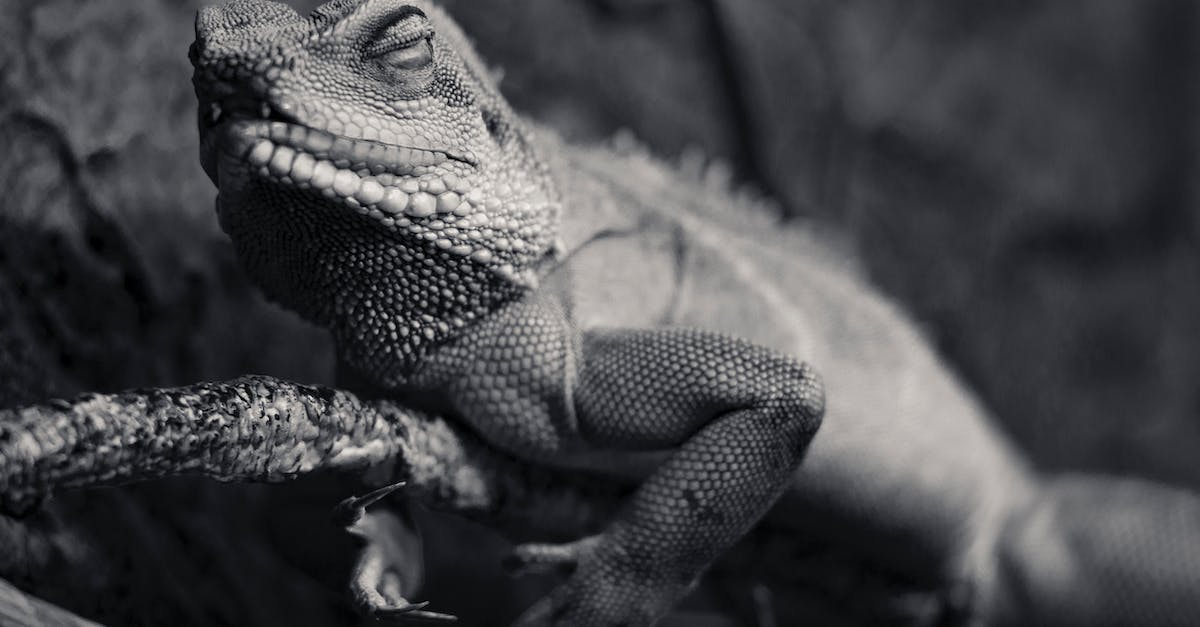
As reptiles go, diet is key to keeping them healthy and happy. You want to make sure your scaly friend is getting the right food, in the right amounts, at the right time. Here’s what you need to know:
- Provide a variety of foods. Reptiles have different dietary needs, depending on their species. You should offer a variety of fruits, vegetables, and proteins, such as crickets, worms, and other insects. Some species, such as tortoises, also need a special diet of grasses and hay.
- Give the right amount of food. It’s important to feed your reptile the right amount of food. Too much can lead to obesity, while too little can lead to malnutrition.
- Avoid overfeeding. Overfeeding can cause obesity and other health issues, such as diabetes. Monitor your reptile’s weight and adjust the food you give accordingly.
- Provide fresh food. Avoid giving your reptile spoiled or old food. Always make sure the food is fresh and free from bacteria.
- Include supplements. Reptiles need vitamins and minerals to stay healthy. You can provide these through supplements, such as calcium powder, or through a multivitamin.
- Feed your reptile regularly. Establish a regular feeding schedule to ensure your reptile is getting the right nutrition at the right time.
By following these simple tips, you can keep your reptile healthy and happy.
Proper Enclosure
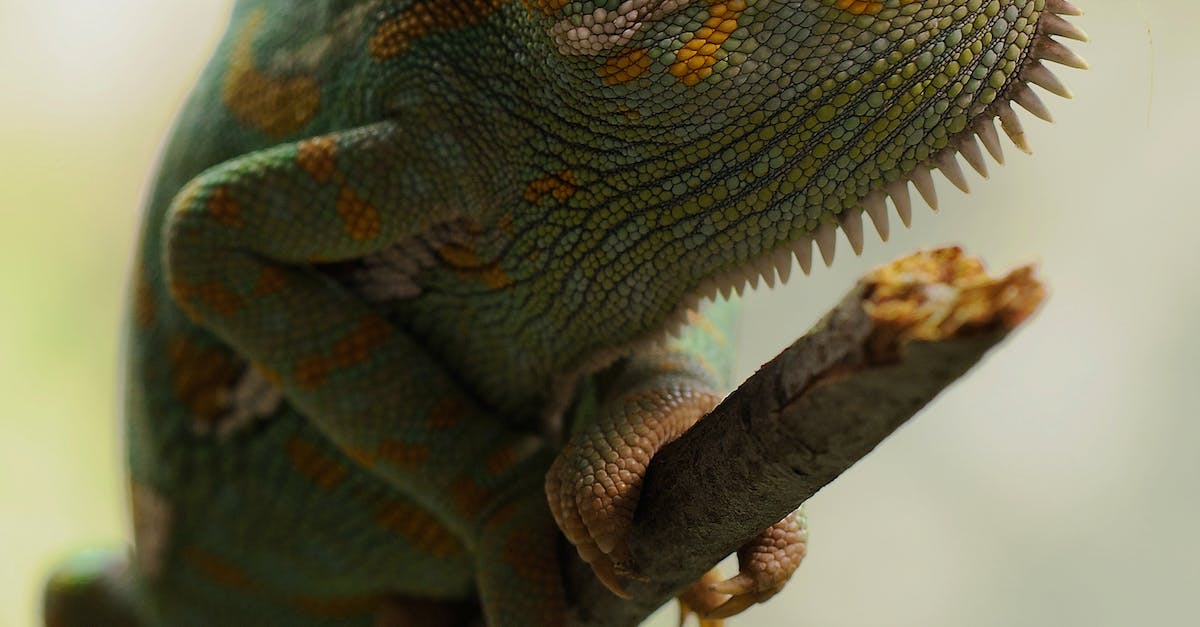
You want to create a healthy environment for your reptile, and the first step is to make sure the enclosure is appropriate. What does this mean? It means that the enclosure should be big enough for your reptile to move comfortably, and there should be enough vents and air circulation to keep the environment healthy.
It’s important to check the temperature of the enclosure, as different species of reptiles have different temperature needs. You should also make sure that the enclosure is escape-proof because reptiles can be surprisingly adept at finding a way out!
-

Beaded Dragon Fan Exclusive: ‘Original Hipster’ T-Shirt – Wear Your Unique Style with Pride – Unisex t-shirt
£13.00 – £20.50 Select options This product has multiple variants. The options may be chosen on the product page -

Chinese Water Dragon Aquatic Mastery Tee: Dive into Elegance with Our Exclusive Reptile Enthusiast Shirt – Unisex t-shirt
£13.00 – £20.50 Select options This product has multiple variants. The options may be chosen on the product page
Providing the right substrate is also important. The substrate is the material that lines the bottom of the enclosure and helps to keep it clean. You should research the best substrate for your reptile, as some are toxic or can cause health problems.
Placing the enclosure in a suitable place is also important. Make sure the enclosure is away from direct sunlight, as this can make the environment too hot. The enclosure should also be kept away from busy rooms, as reptiles can be easily stressed by noise and activity.
Finally, keeping the enclosure clean is essential for your reptile’s health. Clean the substrate regularly and make sure to remove any uneaten food, as this can attract pests.
Proper Temperature and Humidity

You’ve got to keep your reptile buddy in just the right conditions to ensure they’re healthy and happy! Temperature and humidity are two of the most important factors to consider.
It’s vital that you provide your reptile with a warm and humid environment. Reptiles rely on the warmth of their environment to stay active, so that means you need to set up a hot spot in their enclosure. The hot spot should be heated to about 90-100°F and the coolest area should never drop below 70-75°F. It’s also important to provide your reptile with a humid hide to help keep the moisture levels up in their enclosure.
To make sure your reptile is getting the temperature and humidity levels they need, you should invest in a thermometer and hygrometer. These devices will help you monitor the temperature and humidity levels in your reptile’s enclosure. This way, you’ll know exactly when to adjust the heat or mist the enclosure.
Finally, make sure you provide your reptile with plenty of places to hide and bask. This will help them feel secure, as well as regulate their temperature and humidity levels.
There you have it! With the right temperature and humidity levels, your reptile will be healthy and happy.
Shedding Habits
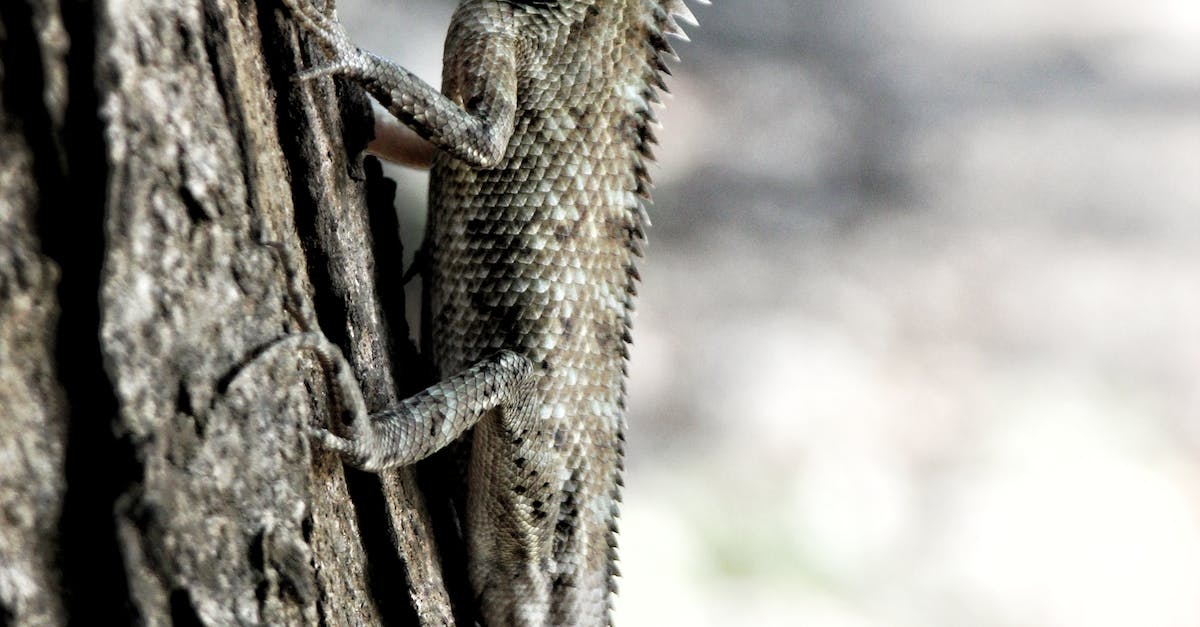
Watching your reptile shed its skin is a mesmerizing experience. You may be asking yourself: “Is this a sign of a healthy reptile?” Yes! It is. Shedding is a normal part of a reptile’s life cycle, and just like humans, it’s a sign that everything is going as it should. Here are some things you should look out for when it comes to shedding habits:
- Frequency: Depending on the species, your reptile should be shedding relatively often (every few weeks or months). If they don’t seem to be shedding as often as they should, this could be a sign of an underlying health issue.
- Coverage: Your reptile’s shedding should be complete and thorough. If you notice any areas of the body that aren’t shedding, it could be a sign of an infection or parasites.
- Ease: Shedding should come off in one go rather than in small pieces. If the shedding process is painful or difficult for your reptile, it could be a sign of dehydration or skin irritation.
- Color: The new skin your reptile sheds should match the color of its old skin. If the new skin is brighter or darker, it could be a sign of an underlying health issue.
Activity Levels
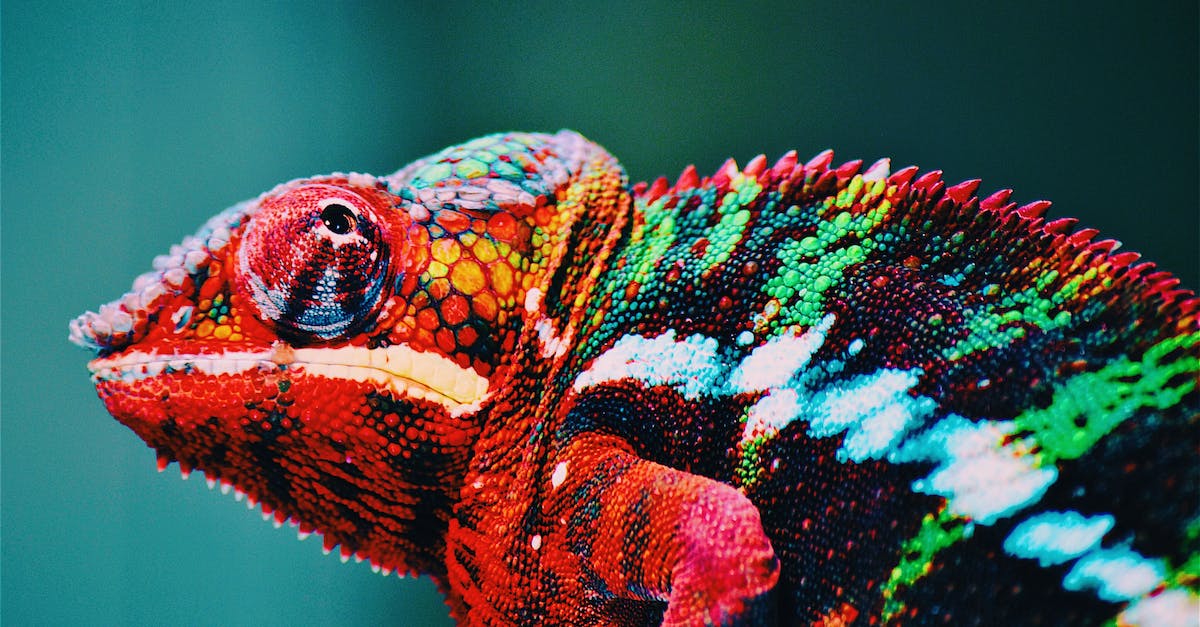
It’s important to pay attention to your reptile’s activity levels. When it comes to keeping your reptile healthy, being able to recognize the signs of a healthy level of activity is key. Here are a few tips to help you recognize these signs:
- Regular Movement: A healthy reptile should be regularly moving around its enclosure. They should be exploring their environment and interacting with their surroundings.
- Alert and Responsive: A healthy reptile should be alert and responsive to its environment. They should be able to move quickly in response to sound, visual cues, and other stimuli.
- Eating and Drinking: Healthy reptiles should be eating and drinking regularly. Monitor your reptile’s food and water intake to make sure they are getting the proper nutrition and hydration.
- Social Interaction: Social interaction is important for your reptile’s health and well-being. If you have multiple reptiles, make sure they are interacting with each other in a healthy way.
- Grooming: Reptiles should be grooming themselves regularly. This includes skin shedding, rubbing against objects, and other activities that help keep them clean and healthy.
By monitoring your reptile’s activity levels, you can easily identify signs of a healthy reptile. Keeping an eye out for these signs will ensure that your reptile is happy and healthy for many years to come.
Behavioral Habits
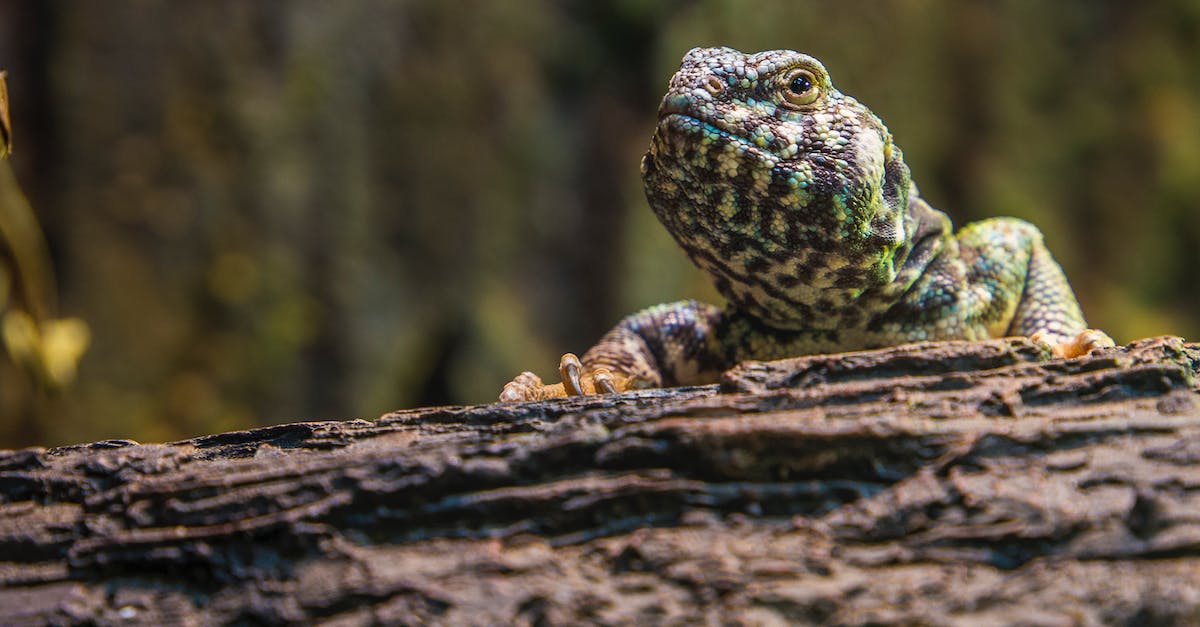
Do you want to know if your reptile is healthy? Look out for its behavioral habits. It’s important to note that every reptile is different, so it’s important to observe your own pet and its behavior.
- Watch for changes in energy levels. If your reptile is healthy, it should have consistent energy levels, but if you notice any sudden changes in activity or lethargy, it could be a sign of ill health. It’s important to monitor your reptile’s activity levels and make sure they are consistent.
- Observe its appetite. Healthy reptiles should have a steady appetite. If you notice a decrease in appetite or if your reptile is not eating at all, this could be a sign of a health issue.
- Pay attention to social behavior. Reptiles have different social behaviors depending on the species, so it’s important to understand your reptile’s normal behavior. If you notice any changes in your reptile’s social behavior, like sudden aggression or lethargy, this could be a sign of ill health.
- Look out for signs of stress. Stress can have a negative effect on your reptile’s health, so it’s important to be on the lookout for signs of stress. If your reptile is displaying signs of stress, such as panting, hiding, or excessive scratching, this could be a sign of ill health.
- Check for physical signs of health. Healthy reptiles should have clear eyes, a healthy appetite, and smooth and shiny skin. If your reptile is showing any signs of physical ill health, such as sores, discolored skin, or a lack of energy, these could be signs of a health issue.
- Monitor its temperature. Reptiles need to be kept at the correct temperature for their species in order to stay healthy. If you notice any changes in your reptile’s body temperature, this could be a sign of ill health.
Signs of Illness
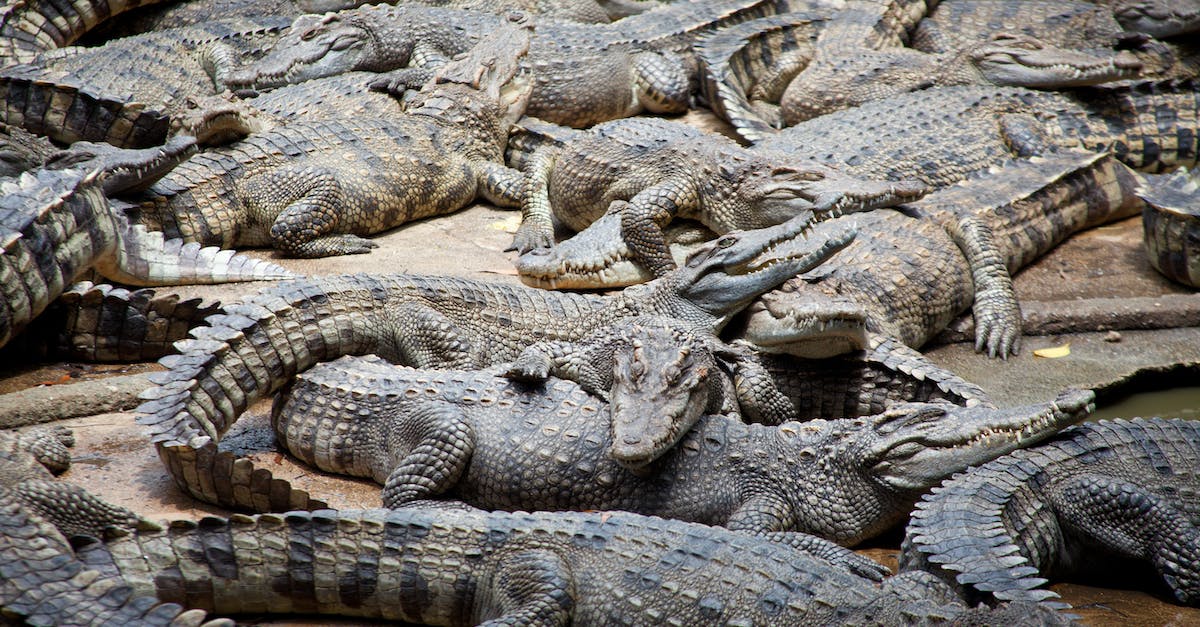
It’s important that you’re aware of the signs of illness in a reptile, as it can be difficult to spot the problem until it’s too late. Here are 7 signs that could indicate a reptile is unwell:
- Lethargy: If your reptile appears to be sleeping more often or is less active than usual, it may be a sign of illness.
- Weight Loss: A healthy reptile should maintain a steady weight over time. If you notice your reptile losing weight, it’s important to take them to the vet.
- Changes in Appetite: If your reptile loses its appetite or starts eating more than usual, it could indicate a health problem.
- Changes in Skin Color or Scales: Discoloration or changes in the texture of their scales could be a sign of illness.
- Discharge from the Nose or Mouth: If your reptile is sneezing, coughing, or producing mucus from its nose or mouth, it could indicate a respiratory infection.
- Swollen Limbs or Abdomen: Swelling in the limbs or abdomen could indicate an infection or inflammation.
- Vomiting or Diarrhea: If your reptile is vomiting or having diarrhea, it could be a sign of a serious illness.
If you notice any of these signs in your reptile, take them to the vet as soon as possible. Early diagnosis and treatment can make a huge difference in their recovery!
Veterinary Care
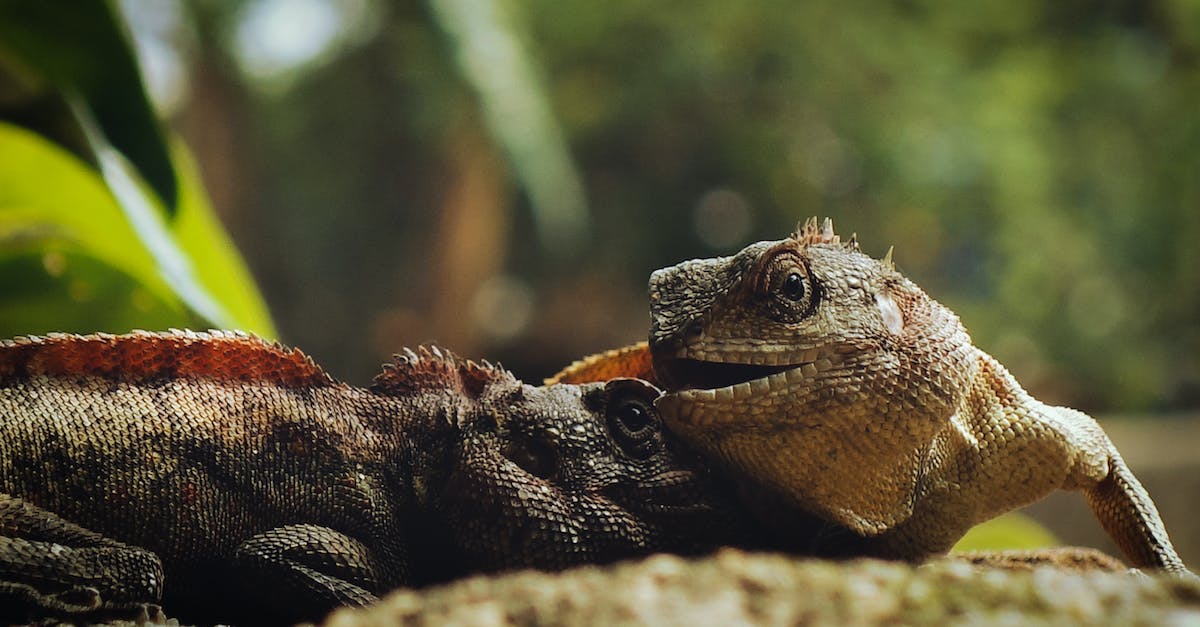
As a reptile parent, you should never underestimate the importance of veterinary care. Regular check-ups are vital to make sure your reptile is healthy and happy. A visit to the vet should be at least once a year or more if recommended by your vet. Here are some signs that your reptile needs to see a vet:
- Unusual behavior: If your reptile is acting strangely, such as being more lethargic than usual or refusing to eat, it might be a sign of health problems.
- Changes in appearance: Unusual bumps, lumps, or discolorations can be a sign of illness in your reptile.
- Unexplained weight loss: If you notice your reptile is losing weight without any changes in diet or activity, it could be a sign of a health issue.
- Respiratory problems: If you notice your reptile having difficulty breathing or coughing, it is important to take them to the vet as soon as possible.
- Discharge from any orifice: Discharge from the eyes, nose, or mouth can be a sign of infection.
- Unusual eating habits: If your reptile is suddenly refusing food, eating in excess, or eating unusual items, it is a good idea to take them to the vet.
- Limping: Limping or difficulty moving can be a sign of injury or illness.
- Loss of appetite: If your reptile has lost its appetite, it could be a sign of an underlying medical problem.
Veterinary care is important for ensuring your reptile is happy and healthy. If you notice any of the signs above, be sure to take your reptile to the vet for a check-up.
Conclusion
Reptiles are fascinating creatures, and it’s always important to make sure they’re healthy. The signs of a healthy reptile are easy to spot if you know what to look for. Bright eyes, clean skin, and a healthy appetite are all signs that your reptile is in good health. Regular vet check-ups are also essential in keeping your pet happy and healthy. Keeping an eye out for any changes in behavior or appearance can help you catch any potential health issues early on.
Remember, reptiles may not be able to tell you when something is wrong, but that doesn’t mean they don’t need our care and attention. With the right care and attention, you can be sure that your reptile will remain healthy and happy for many years to come.
References:
PetMD. (2021). Reptile Shedding: How to Tell if Your Pet is Healthy. https://www.petmd.com/reptile/conditions/skin/evr_rp_reptile_shedding_how_to_tell_if_your_pet_is_healthy
